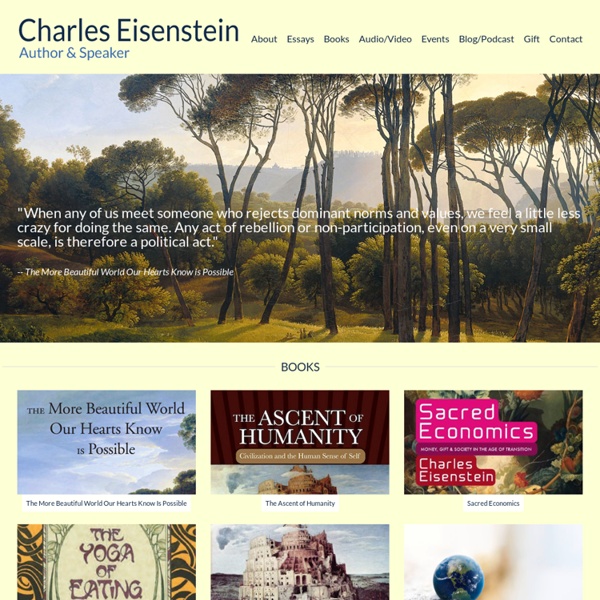



Home - Ascent of Humanity Blog Posts tagged "Douglas Rushkoff" Kitchen Table Coders Panel Discussion from Rhizome on Vimeo. Last Friday, Rhizome hosted a panel discussion on code literacy in the arts including Amit Pitaru of Kitchen Table Coders; Vanessa Hurst of Girl Develop It and Developers for Good; Jer Thorpe, artist and educator; Sonali Sridhar of Hacker School; and moderated by Douglas Rushkoff, educator and author of Program or Be Programmed: Ten Commands for a Digital Age. Kitchen Table Coders workshops in the New Museum Theater Following the panel, Rhizome hosted five Kitchen Table Coders-style workshops Saturday afternoon in the New Museum Theater. Twenty-five eager coding novices came to get a crash course in Processing with some of New York City's most talented programmers; Amit Pitaru, t3db0t, David Nolen, Jer Thorp and Rob Seward. Jer Throp introducing Processing to his students Participants learned the basics in Processing, an open source programming language for visual art. t3db0t demonstrating Arduino
Leading Futurists LLC — Futurevisionaries.com Ray Kurzweil on DNA, 3D printed buildings and innovation in schools The students at the Singularity University, which was founded by inventor and futurist Ray Kurzweil, are working on solving the biggest of the world's problems from water sanitation to lack of housing. In a talk given at Learning Without Frontiers, Kurzweil explained how it is the exponential growth in technology resources that is enabling their work; that and the fact that they are being educating in an environment in which innovation is encouraged. Echoing the words of his long-term colleague, Noam Chomsky, who gave the first talk of the day, Kurzweil encouraged the educators present to "bring entrepreneurship into schools" stating that "it should be core of education". Speaking to Wired.co.uk after his talk, the award winning author added that he learnt the most from his own projects and it is those lessons, where he was investigating something that he was passionate about, that have "stuck" with him. But what of the future?
Erik Davis Erik Davis (born June 12, 1967 in Redwood City, California) is an American writer, scholar, journalist and public speaker whose writings have run the gamut from rock criticism to cultural analysis to creative explorations of esoteric mysticism.[1] He is perhaps best known for his book Techgnosis: Myth, Magic and Mysticism in the Age of Information, as well as his work on California counterculture, including Burning Man, the human potential movement, and the writings of Philip K. Dick. Biography[edit] Early years[edit] Born in Redwood City, California in 1967, Davis grew up in Del Mar before attending Yale University, where he graduated magna cum laude with a degree in English. While at Yale, Davis began writing for Nadine, an on-campus magazine that turned out a number of rock critics and pop culture writers in the 1980s and 1990s. 1990s[edit] 2000s[edit] In 2000, Davis won a Maggie Award for his profile of UFO contactee and Silicon Valley mogul Joe Firmage. 2010s[edit] Books[edit]